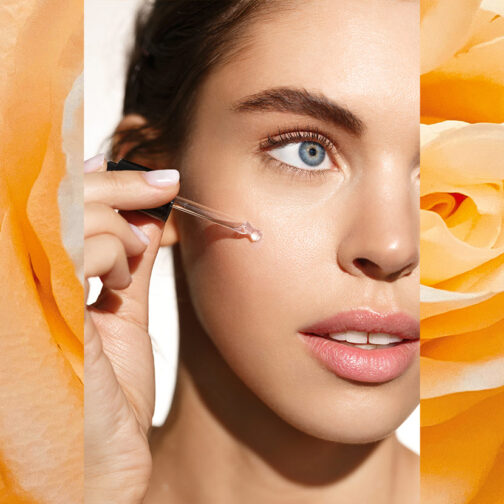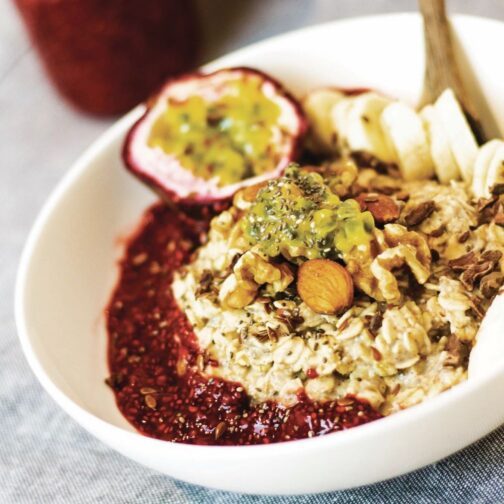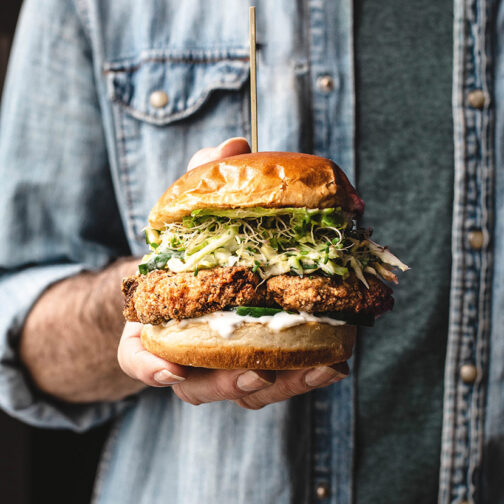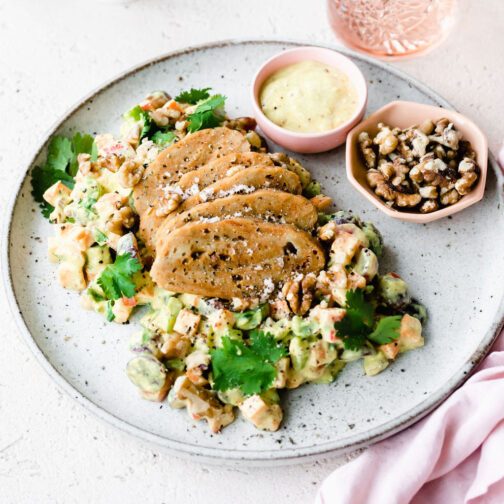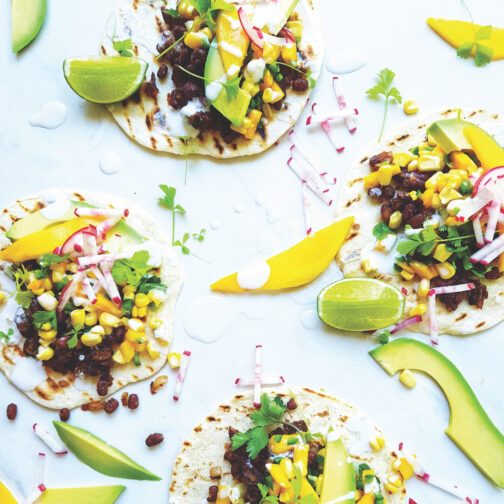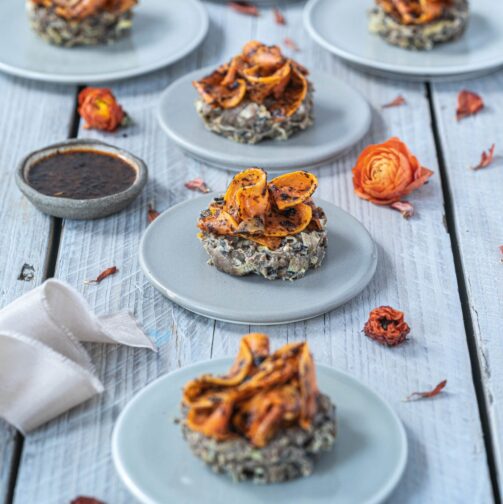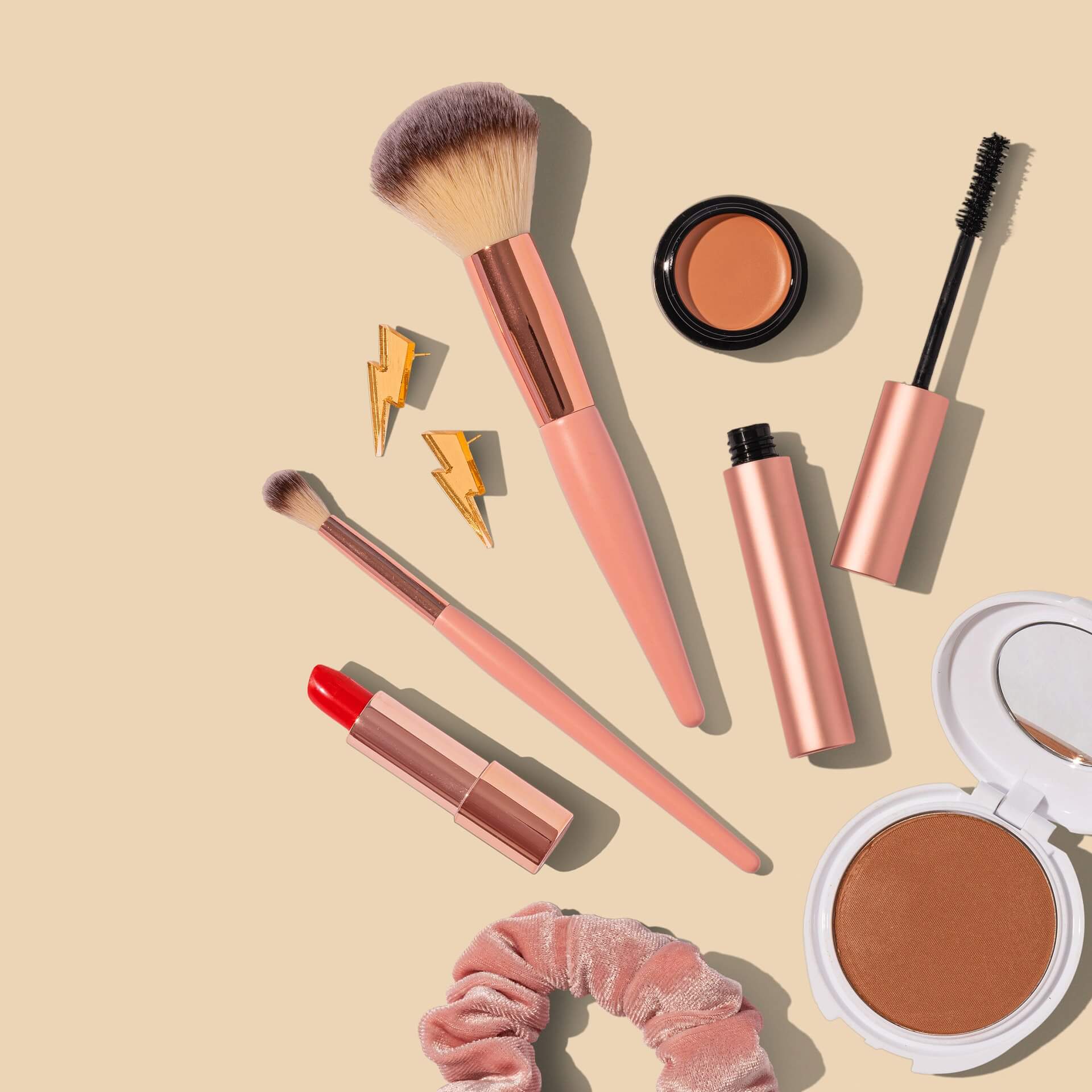
What animal-derived ingredients could be lurking in your beauty bag? Here’s what you need to know to keep your self-care routine compassionately conscious.
Snails, beetles, fish scales – these don’t exactly sound like ingredients you might find in your beauty products, do they? Think again. Unfortunately, the global beauty sector is still notorious for ambiguous labelling and misleading marketing. Even with keen eyes and the best intentions, it’s easy to overlook common (and sometimes surprising) animal-derived ingredients found in mainstream skincare and makeup products.
Feeling confident and proud of what you’re applying to your skin starts with a better understanding of cosmetic ingredient labels.
TOP TEN CULPRITS – AND VEGAN SWAPS
If a product isn’t easily identifiable as both vegan and cruelty-free, a bit of ingredient know-how will be helpful. Here are ten commonly used, animal-derived ingredients to watch out for when shopping for personal care, as well as suggestions for planet-friendly, plant-based swaps.
1. Honey, beeswax, royal jelly, or propolis
Often included in skincare and cosmetics as a humectant to bind water and seal in skin moisture, honey, royal jelly, and propolis can easily be swapped for plant alternatives such as agave nectar, aloe, or vegetable glycerine. For products like lip balm that require a hardening wax, look for formulas that use candelilla or carnauba in lieu of beeswax.
2. Lanolin
This commonly used moisturiser and skin protectant is secreted from the skin of sheep. It is quite heavy and can be pore clogging, causing breakouts. Castor oil or shea butter are excellent cruelty-free alternatives for repairing skin’s barrier function.
3. Carmine
This vibrant red dye, extracted from crushed cochineal beetles, is often used in cosmetics such as tinted lip balm, lipstick, lip gloss, eyeshadow, and blush. It’s also used as food colouring in items such as yogurt, ice cream, juices, and many other pink or crimson hued packaged foods and beverages. In cosmetics, swap carmine-containing products for vegan products that use red iron oxide or natural fruit and vegetable dyes instead.
4. Gelatine
Gelatine is a thickening agent and emulsifier produced from the skin, bones, and ligaments of cows, marine animals, and chickens. It is commonly found in skincare as well as in supplements and beverages that tout anti-aging benefits. Many collagen powders contain gelatine or hydrolysed collagen derived from animals. These can be substituted with supplements packed with plant-based protein and superfoods to boost your body’s natural ability to produce collagen.
5. Squalene or squalane
This lipid-rich moisturising ingredient was once predominantly derived from shark liver oil. For ethical reasons, many companies have switched to using plant-derived squalene from olives, rice bran, wheat germ, and sugar cane. If you see this ingredient, it’s best to ask about its source directly from the brand or skip it altogether. You can instead choose jojoba oil, which mimics your skin’s own natural sebum, to moisturise and protect skin from the elements.
6. Guanine
This pearlescent, light-diffusing crystalline colourant is derived from fish scales and often found in shimmery eye shadow, lipstick, and nail polish. You’ll find plenty of plant-based cosmetics which use mica, synthetic pearl, or iron oxides for the same effect.
7. Hyaluronic acid
Moisture-attracting hyaluronic acid is often lauded as the ‘holy grail’ ingredient for dry, dehydrated skin in need of plumping. However, most people are surprised to learn it’s extracted from rooster combs. Innovative vegan alternatives created via bacterial fermentation are equally beneficial in hydrating and restoring skin vitality.
8. Stearic acid
This fatty acid is used to reduce friction, making products easier to spread. It’s often made from animal fat, but can also be created from vegetable oils. If stearic acid is present and the product is not reputably labelled as vegan, it’s best to directly enquire with the brand about its source.
9. Keratin
Keratin is a fibrous protein derived from animal hair, bones, hooves, nails, claws, and beaks. It is often used in salon haircare treatments, shampoos and conditioners, as well as brow and lash enhancing products. Plant proteins from rice and wheat and an array of plant oils can be used in place of keratin to strengthen hair and restore shine.
10. Some alpha-hydroxy acids (AHAs)
Acid exfoliants like lactic and glycolic acid are sometimes animal-derived. Skin-brightening lactic acid is traditionally produced from milk, but forward-thinking brands are now opting for vegan-friendly lactic acid made via bacterial fermentation. Glycolic acid, on the other hand, is typically produced from sugar cane, however, some products advertise glycolic acid found in the mucosal secretions of snails! Other plant-based alpha hydroxy acids to choose from are malic acid from apples, tartaric acid from grapes, and mandelic acid from bitter almonds. Fruit enzymes like those found in pineapple, papaya, pumpkin, and tart cherry are also excellent plant-powered exfoliants.
***
Becoming clear and resolute about the substances you don’t want on your body is an empowering step toward cultivating a beauty ritual that brings you joy. Skincare is a form of self-care, and choosing sustainable, plant-derived products is a way to respect yourself while also revering the Earth and its non-human inhabitants.
With so many beautiful, effective vegan alternatives, there’s never been a better time to curate a more conscious personal care line-up. I promise, you’ll find plenty of plant-based beauty brands that you’ll absolutely love!







